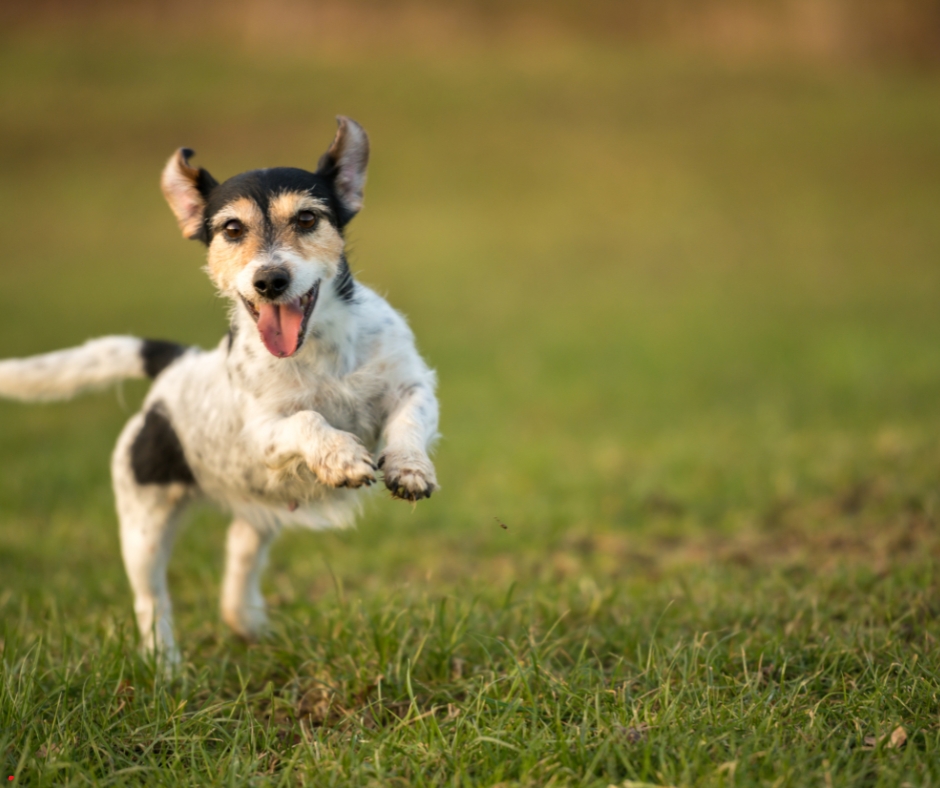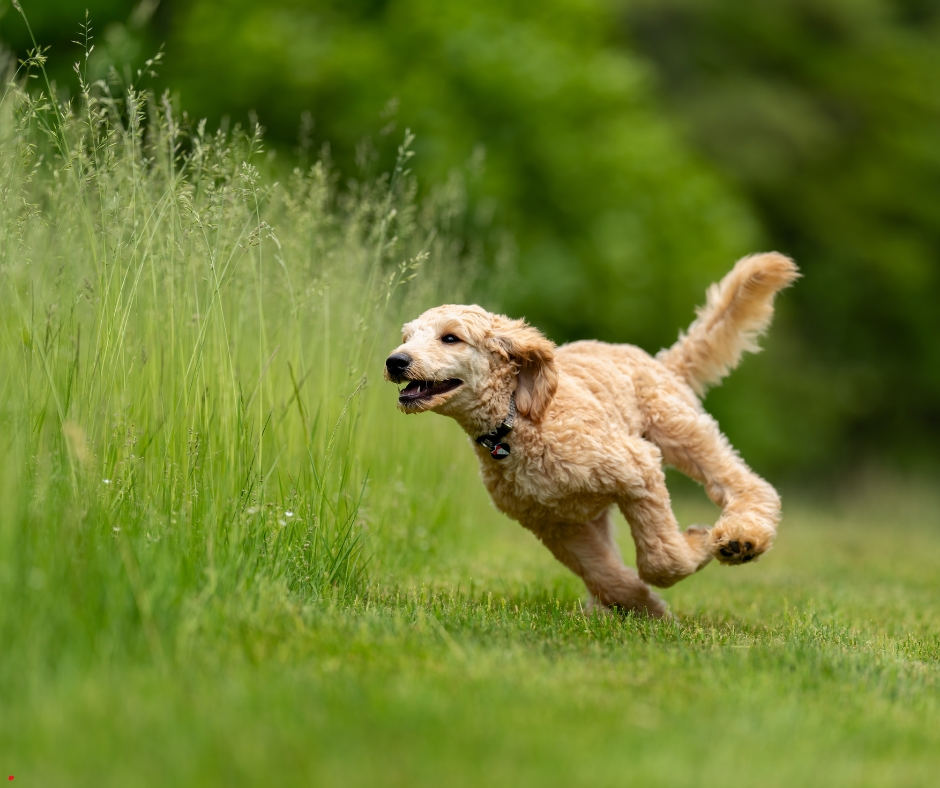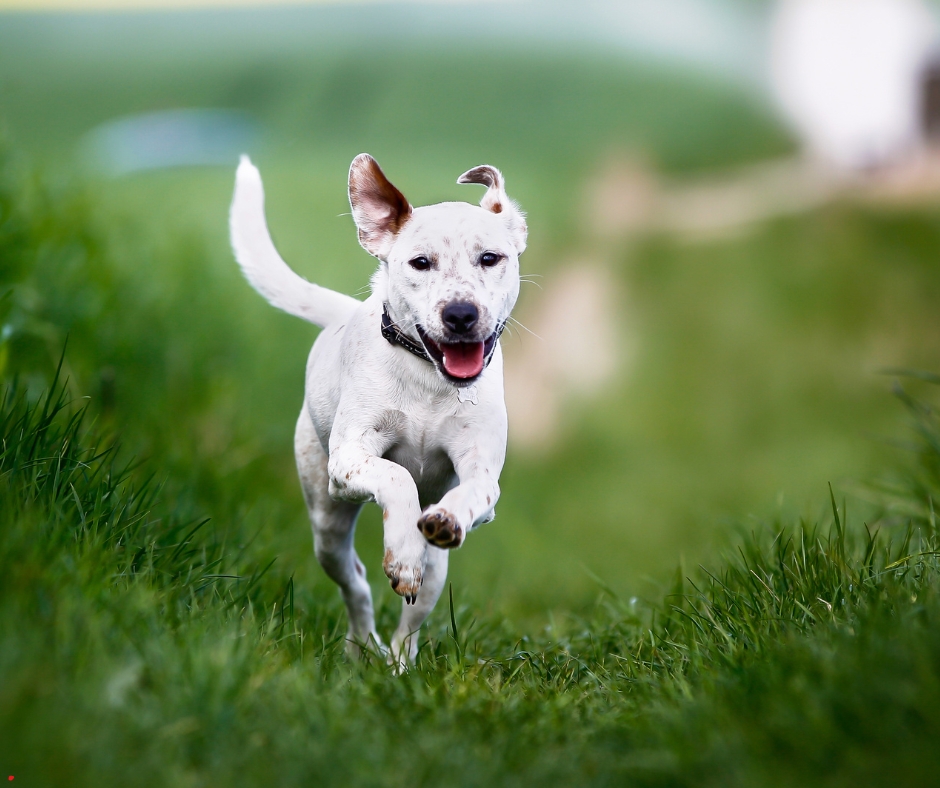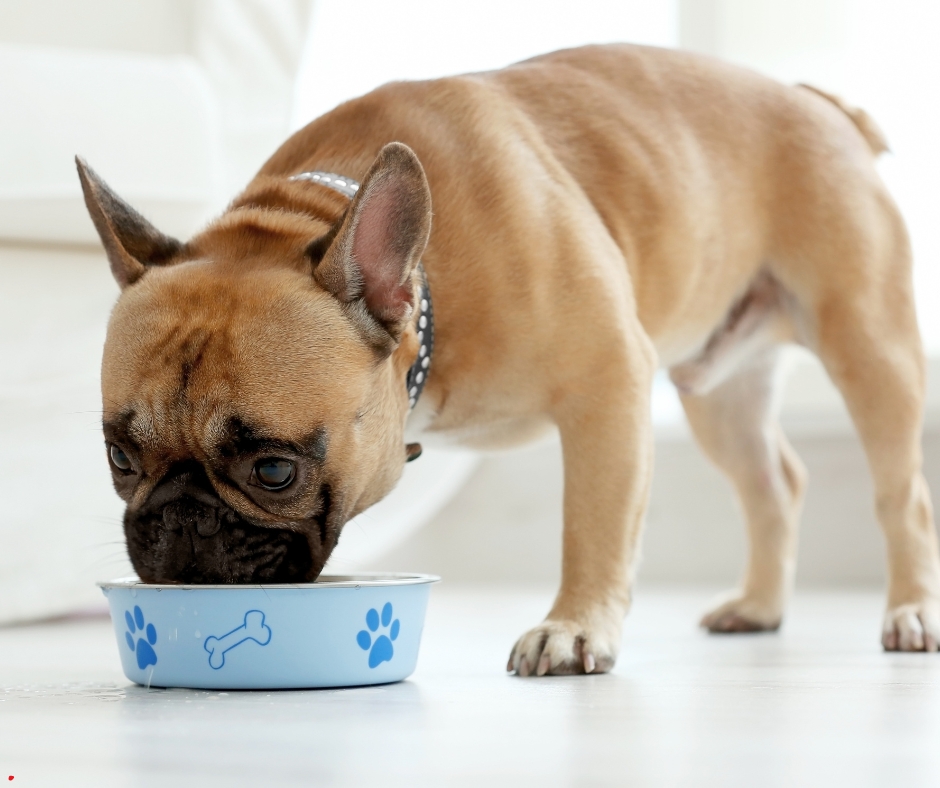Grains can Dogs Eat safely. Dog food frequently contains common grains.
But which grains are best? Understanding the grains your dog can eat is important. Grains provide essential nutrients and can be part of a balanced diet. Some grains are better than others for dogs. Knowing which grains to include can improve your dog’s health and digestion.
In this blog post, we will explore the different grains suitable for dogs. You’ll learn about their benefits and how to include them in your dog’s diet. Whether you’re making homemade dog food or choosing store-bought options, this guide will help you make informed choices. Let’s dive into the world of grains for dogs!
Grains And Dog Nutrition
Grains play a significant role in dog nutrition. They provide vital nutrients that are essential for your dog’s health. Understanding which grains are beneficial can help you make better dietary choices for your furry friend.
Importance Of Grains
Eats are a source of carbohydrates. Carbohydrates give dogs energy for their daily activities. Dogs need energy to stay active and healthy. Grains also contain fiber. Fiber aids in digestion and keeps the digestive system healthy.
Nutritional Benefits
Grains offer various nutritional benefits. They contain essential vitamins and minerals. B vitamins, for example, are known to support metabolism and brain function. Minerals like iron and magnesium are important for muscle and nerve function.
Grains also provide protein. Protein is essential for muscle growth and repair. Though dogs need meat, grains can complement their protein intake. This balance is crucial for overall health.
Some grains are rich in antioxidants. Antioxidants help fight free radicals and support the immune system. Grains like brown rice, oatmeal, and barley are particularly beneficial.

Common Grains Safe For Dogs
Many grains are safe for dogs and can be part of their diet. Grains provide essential nutrients like fiber, vitamins, and minerals. They can also be a source of energy. Here are some common grains that are safe for dogs.
Rice
Rice is a popular grain in dog food. It is simple to digest and gentle on the stomach. White rice is ideal for dogs with digestive issues. Brown rice has more fiber and nutrients. You can cook both types of rice and incorporate them into your dog’s meals. Always ensure the rice is plain without seasoning.
Oats
Oats are another excellent grain for dogs. They are rich in fiber, which helps with digestion. Oats also contain vitamins and minerals that support overall health. Cook the oats before serving them to your dog. Avoid adding sugar or flavorings. A small portion of plain cooked oats can be a healthy addition to your dog’s diet.
Barley
Barley is nutritious and safe for dogs. It contains fiber, vitamins, and minerals. Barley can help regulate blood sugar levels. It is also known for promoting a healthy digestive system. Cook barley before giving it to your dog. Make sure it is plain, without any additives. You can mix a small amount of cooked barley with your dog’s regular food.
Less Common Grains For Dogs
While rice and corn are popular grains for dogs, there are other options. These less common grains can provide variety and nutrition for your furry friend. Let’s explore some of these grains.
Quinoa
Quinoa is a seed often mistaken for a grain. It is rich in protein and fiber. Dogs can benefit from its amino acids and minerals. Quinoa is gluten-free, which is ideal for dogs with allergies. Cook it thoroughly before serving it to your pet. Avoid adding salt or spices.
Millet
Millet is a small, round grain. Magnesium and phosphorus, among other vitamins and minerals, are abundant in millet. Millet is simple to digest and is a beneficial source of energy. It can help maintain healthy skin and coat. Make sure to cook millet until soft. Mix it with your dog’s regular food for added benefits.
Buckwheat
Buckwheat is another gluten-free option. Contrary to its name, buckwheat has no connection to wheat. It contains antioxidants and is high in fiber. This grain supports heart health and digestion. Cook buckwheat well before feeding it to your dog. Serve it plain without any seasoning.
Here is a summary of the benefits of these less common grains:
- Quinoa: High in protein, gluten-free, and rich in amino acids
- Millet: Rich in vitamins, easy to digest, supports healthy skin
- Buckwheat: High in fiber, gluten-free, supports heart health
Incorporate these grains in your dog’s diet for a healthy and balanced meal.
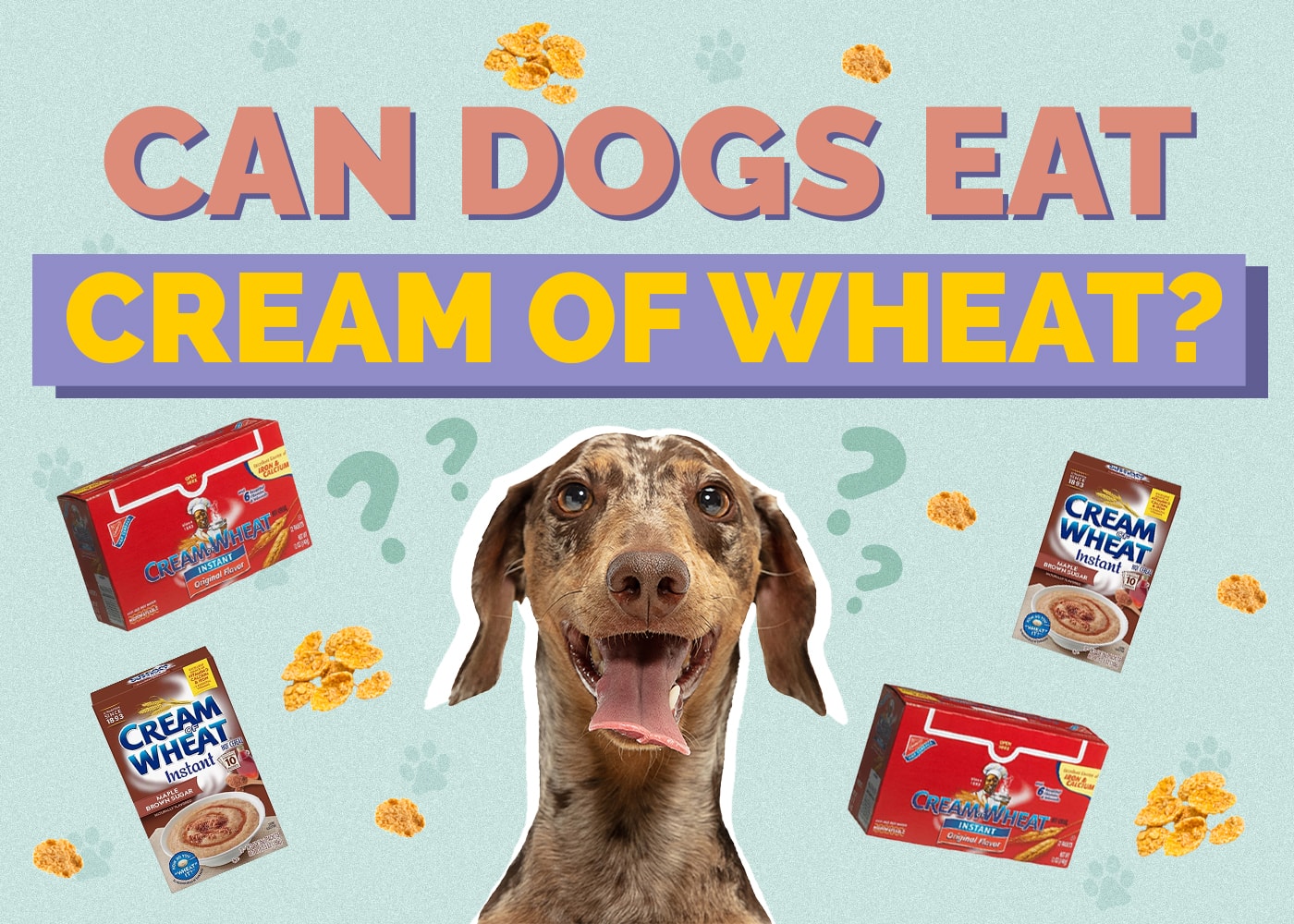
Grains To Avoid
When choosing grains for your dog’s diet, it’s important to avoid certain grains. Some grains can cause allergies or digestive issues in dogs. Knowing which grains to avoid helps keep your dog healthy and happy.
Corn
Many dog foods contain corn, a common grain. But it is not always beneficial for dogs. Corn can cause allergies in some dogs. It is also difficult to digest. This can lead to stomach problems. It’s best to choose a dog food without corn.
Wheat
Wheat is another grain that can cause issues. Many dogs are allergic to wheat. This can result in itchy skin and ear infections. Wheat can also cause digestive problems. Look for dog food that is wheat-free to avoid these issues.
Soy
Dog food frequently uses soy as a protein source. But it can cause problems for some dogs. Soy can lead to food allergies. It can also affect hormone levels. Dogs do not need soy in their diet. Choose dog food without soy for a healthier option.
How To Introduce Grains
Dogs can eat grains like rice, oats, barley, and quinoa. Gradually introduce these grains to their diet. Start with small portions to ensure they tolerate it well.
Introducing grains to your dog’s diet can be a bit tricky. Start with small portions. Watch for any signs of allergies or digestive issues. If your dog seems fine, you can gradually increase the amount. Your dog’s body needs time to adjust to new foods.
Portion Sizes
Begin with a tiny portion of grains. Start with a spoonful of grains mixed with your dog’s regular food. Monitor how your dog reacts to this change. If all goes well, you can slowly increase the portion size. Stick to the recommended portion sizes for your dog’s weight and age. Large dogs can handle more grains than small dogs. Always check the serving size on the dog food package. Too much too soon can cause stomach upsets or other issues.
Gradual Introduction
Introduce grains slowly to avoid shocking your dog’s system. Start by mixing grains with their current food. Gradually increase the grain ratio over a week or two. This gradual approach aids your dog in adapting to the new diet. It also allows you to spot any potential issues early. If your dog shows signs of discomfort, stop and consult your vet. Patience is key to a smooth transition. “`
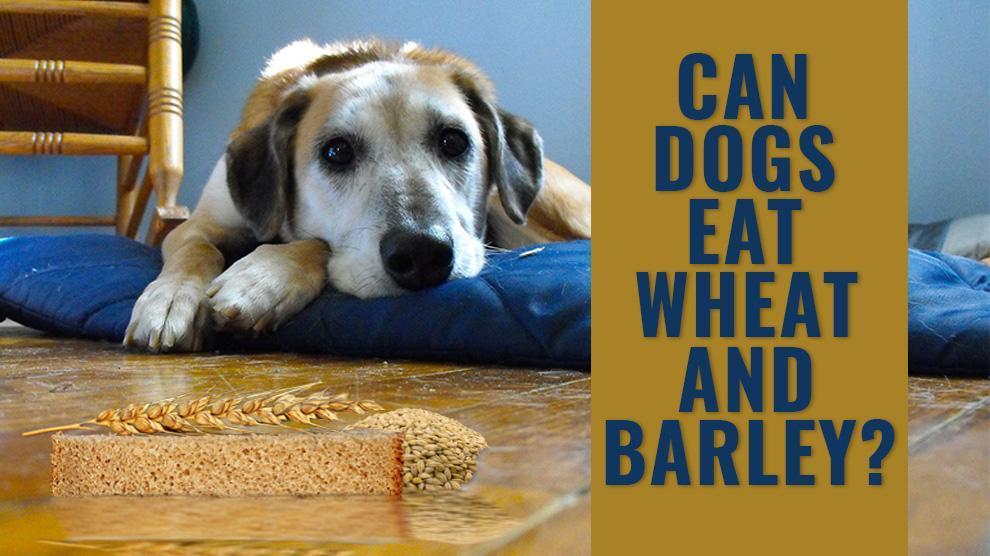
Potential Allergies
Dogs can eat a variety of grains, but some may cause allergies. It’s important to identify any allergies your dog might have.
Symptoms To Watch
Grain allergies in dogs can show up in various ways. Here are some common symptoms:
- Itchy skin
- Red or inflamed skin
- Ear infections
- Vomiting
- Diarrhea
If you notice these symptoms, your dog might have a grain allergy. Always consult your vet for proper diagnosis and treatment.
Alternative Options
If your dog has a grain allergy, consider these alternative grains:
- Quinoa: High in protein and easy to digest
- Oats: are rich in fiber and helps with digestion
- Brown Rice: Good source of vitamins and minerals
These grains can be a healthy part of your dog’s diet. They provide essential nutrients without causing allergic reactions.
Homemade Grain Recipes
Feeding your dog homemade grain recipes can be a healthy and cost-effective way to provide balanced nutrition. Grains like rice, oats, and barley are safe for dogs and offer numerous health benefits. Here are some simple and balanced homemade grain recipes to get you started.
Simple Recipes
Creating simple grain recipes for your dog doesn’t have to be time-consuming. Below are a few easy-to-make options:
- Rice and Chicken: Boil 1 cup of rice and mix with 1 cup of shredded, cooked chicken. Add some peas and carrots for extra nutrients.
- Oatmeal and Beef: Cook 1 cup of oatmeal and mix with 1 cup of ground beef. Add a small amount of diced sweet potato for added flavor.
- Barley and Turkey: Boil 1 cup of barley and mix with 1 cup of cooked, shredded turkey. Stir in some green beans for a balanced meal.
Balanced Meals
Ensuring your dog gets a balanced diet is crucial for their health. Here are some tips to create balanced grain meals:
- Protein: Always include a nutritious source of protein like chicken, beef, or turkey.
- Vegetables: Add vegetables like carrots, peas, or green beans for vitamins and minerals.
- Grains: Use safe grains like rice, oats, or barley as the base of the meal.
- Portions: Ensure the portions are appropriate for your dog’s size and activity level.
Rice and Chicken
- Ingredients: Rice, Chicken, Peas and Carrots
- Preparation: Boil rice, mix with shredded chicken and add peas and carrots
Oatmeal and Beef
- Ingredients: Oatmeal, Ground Beef and Sweet Potato
- Preparation: Cook oatmeal, mix with ground beef and add diced sweet potato
Barley and Turkey
- Ingredients: Barley, Turkey and Green Beans
- Preparation: Boil barley, mix with shredded turkey and add green beans
Consulting Your Veterinarian
Choosing the right grains for your dog’s diet can be challenging. Not all grains are suitable for every dog. Consulting your veterinarian ensures you make the best choices for your furry friend. A vet can provide tailored advice based on your dog’s specific needs.
When To Seek Advice
Seek advice if your dog shows signs of allergies or digestive issues. Changes in behavior or energy levels may also indicate dietary problems. Puppies, senior dogs, and dogs with health conditions need special dietary considerations. Always talk to your vet before making significant changes to your dog’s diet.
Tailoring Diet
Your vet can help tailor a diet plan for your dog. This plan includes the right grains that suit your dog’s health. Some common grains that dogs can eat include rice, oats, and barley. Vets can suggest the best grains and quantities for balanced nutrition. They can also advise on avoiding grains that may cause allergies.
Regular check-ups help monitor your dog’s health and dietary needs. Stay informed and proactive in maintaining your dog’s well-being.
FAQ of Grains Can Dogs Eat
Can Dogs Eat Brown Rice?
Yes, dogs can eat brown rice. It is a healthy grain. Brown rice provides essential nutrients and is simple to digest.
Is oatmeal safe for dogs?
Oatmeal is safe and beneficial for dogs. It is a beneficial source of fiber. Oatmeal can help with digestive issues.
Can Dogs Have Quinoa?
Yes, dogs can have quinoa. It is a protein-rich grain. Quinoa is also gluten-free and simple to digest.
Are barley and millet good for dogs?
Barley and millet are beneficial for dogs. They are nutritious grains. Both provide essential vitamins and minerals.
In Conclusion
Choosing the right grains for your dogs to eat is important. Oats, rice, and barley are excellent options. Each offers valuable nutrients for your furry friend. Always check with your vet before making changes to your dog’s diet. Watch for any allergic reactions when introducing new grains.
Your dog’s health and happiness depend on a balanced diet. So, provide grains that suit their needs. Remember, a well-fed dog is a joyful dog. Keep their meals nutritious and enjoyable. Your dog will thank you for it.






